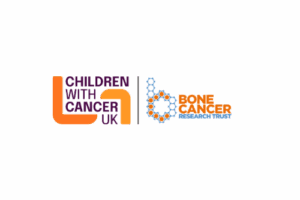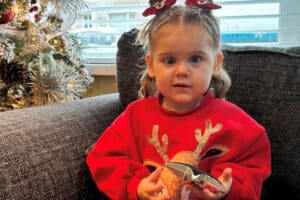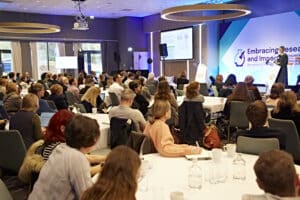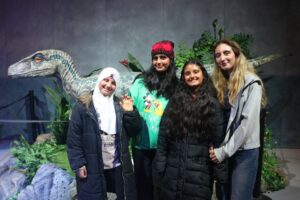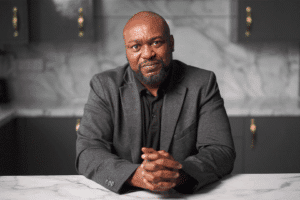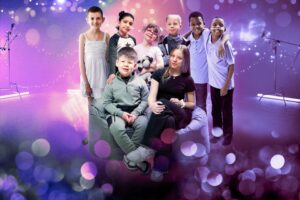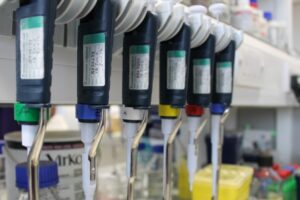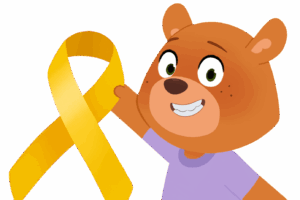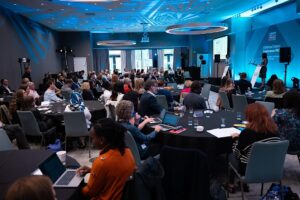New CAR T-cell therapy for leukaemia associated with less dangerous side effects
A clinical trial to investigate a new CAR T-cell therapy, designed to target cancer cells more quickly and cause less side effects, has shown very promising results for children with previously incurable acute lymphoblastic leukaemia (ALL).
2 September 2019
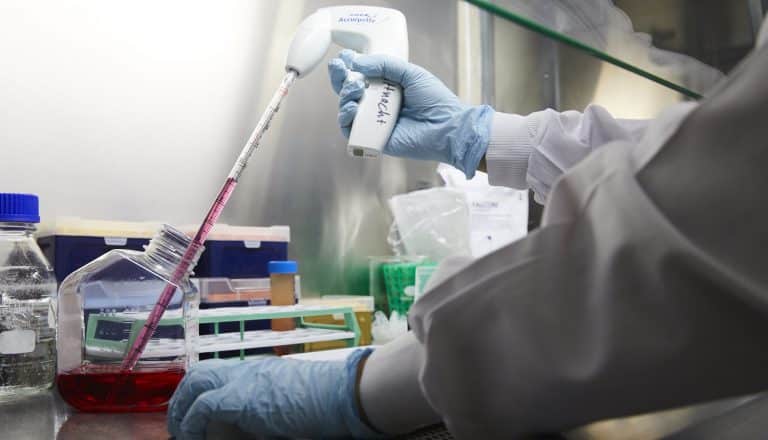
The CARPALL trial was funded by Children with Cancer UK and Great Ormond Street Hospital (GOSH) Children’s Charity and led by Professor Persis Amrolia and Dr Sara Ghorashian at GOSH and the UCL Great Ormond Street Institute of Child Health (UCL GOS ICH) The trial tests a new kind of CAR T-cell therapy in children and young adults with relapsed ALL. CAR T therapy uses immune cells (T-cells) and chimeric antigen receptors (CAR) to recognise cancerous cells. The patient’s own T cells are genetically modified to contain a new type of CAR molecule known as CAT-19. The modified CAR T-cells were used to treat 14 patients with relapsed ALL at GOSH, Manchester Children’s Hospital and University College Hospital, London. Published in Nature Medicine this week, the results show that after receiving the CAR T treatment, 12 out of 14 patients with otherwise incurable ALL cleared their disease after three months and five patients remain leukaemia-free. Patients also experienced less of a harmful side effect known as cytokine release syndrome (CRS). ALL affects around 400 children a year in the UK and, while most patients are curable with standard treatments like chemotherapy and transplant, in some patients the disease comes back (relapses) despite maximal treatment. CAR T-cells have shown great promise for relapsed ALL – the most common cause of cancer death in children in the UK. The study, which opened in June 2016, enabled UK patients to have access to this ground-breaking new treatment before a commercial CAR-T cell therapy, Kymriah, became available on the NHS. The study found that high numbers of the CAT-19 CAR T-cells were still present in patient’s blood after the cancer had been cleared, enabling the body to keep fighting against the leukaemia even years after treatment. Professor Amrolia, study Chief Investigator and National Institute for Health Research (NIHR) Research Professor at UCL GOS ICH, said:
CAR T therapy is a fantastic example of using the power of the immune system to specifically target cancer cells. While it doesn’t work for everyone, it can offer hope for those children who have run out of all other options. We’re just at the beginning of this new treatment and over the next few years I hope we can refine it further to make it safer and more effective. The side effects of CAR T therapies can be severe, so we hope that this new technology can reduce the risk for patients.
This new CAR T therapy was developed in collaboration with the UCL Cancer Institute. The CARPALL study was also funded by the JP Moulton Foundation and the work was underpinned by the NIHR Biomedical Research Centres at GOSH and University College London Hospitals NHS Foundation Trust (UCLH). Austin’s story Austin, 10, was diagnosed with acute lymphoblastic leukaemia at the age of 2. By the age of 8 he had dealt with 3 relapses and exhausted all traditional treatment options including radiotherapy, chemotherapy and two bone marrow transplants.
When Austin relapsed for a fourth time, our world came crashing down. We thought we had exhausted every last option. We found out there was a trial available for Austin at Great Ormond Street Hospital and had a life changing meeting with Persis Amrolia. I remember that day so clearly. He was talking about potential hope, and suddenly we could see a future both for Austin and also for medicine. The CARPALL trial would offer a completely different form of treatment. Austin was so fortunate to have this option available to him. He had the cells at GOSH in October 2016 and we found out on his birthday at the end of that month that the cells were doing exactly what we needed them to do. Two and a half years later, Austin is doing so well. He is more physical then he has ever been. He is a big fan of his scooter. Every night he is at the scooter park with his friends. It is lovely to see him full of energy. When he was in isolation and spent weeks and months in one room he loved Lego, it was all we could do to keep him entertained in such a small space. What is amazing to see now, is the Lego still has the lid on it, and his scooter is nearly worn out.
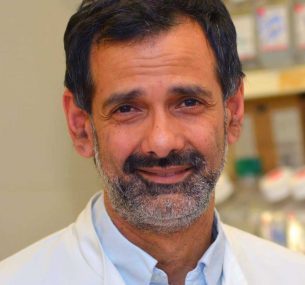
Other stories
We have lots of information to help you learn more about childhood cancer. From specific cancer types, to treatments and causes.

